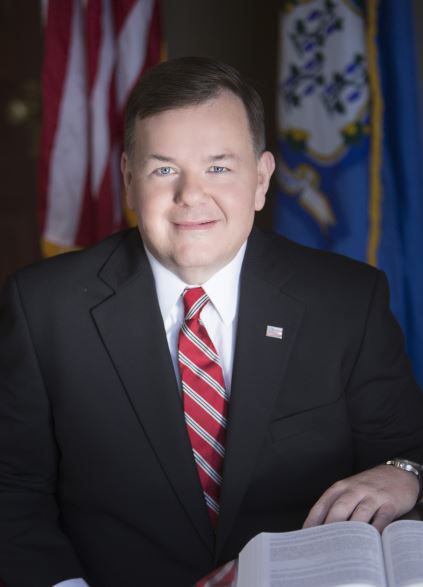
Editorial
I don’t think Connecticut’s historic budget crisis is a secret to anyone anymore. It is now manifestly well-known that our state faces a $5 billion budget deficit over the next two years, a mountain of unfunded pension liabilities, and a depleting collection of income taxes that looks more sluggish with every new tally.
This budget crisis comes at a particularly inconvenient time for transportation advocates who have enthusiastically called for a plan to spend $100 billion over 30 years to transform Connecticut’s aging, clogged highways and rail networks into a modern efficient system. Without a doubt, commuters in Ridgefield and across the state would likely agree that our state’s transportation network could use drastic upgrades in spite of our fiscal woes.
We actually have a mechanism to allow that to happen. The key to securing infrastructure improvements even in difficult economic times has historically been to appropriate sufficient resources within the budget’s Special Transportation Fund (STF). The STF, with revenue derived from the gas tax, licensing fees, sales tax and other related collections, was established in 1984 to ensure there would always be a dedicated fund for investing in our transportation system.
Unfortunately for our infrastructure, in recent years state politicians have smashed this metaphorical piggy bank and grabbed at the cash that fell out to cover the costs of other pet projects and budget shortfalls. In these “raids,” money is swept from the STF to the General Fund and as a result, the STF is projected to run $46 million in deficit beginning with the 2018 fiscal year.
Altogether, $160 million of transportation funding has been raided from the STF since fiscal year 2000.
That’s also why I and others have long advocated for a constitutional “lockbox” for transportation funds. A transportation lockbox would legally bind revenue in the STF to be spent on transportation-related projects and initiatives.
Because lawmakers in the majority party have been so eager to raid the STF to compensate for irresponsible budgeting, there is little appetite for handing them another cash cow in the form of toll revenue to plunder and misappropriate.
Until we pass a constitutional lockbox law for transportation funds, any proposals for new sources of revenue should be resisted.
The $160 million earmarked for statewide infrastructure improvements that vanished from the fund provides a cautionary tale for what happens to our transportation investment in Connecticut.
State Representative John Frey represents the 111th district of Ridgefield and serves as Ranking Member on the General Assembly’s Transportation Bonding Subcommittee.